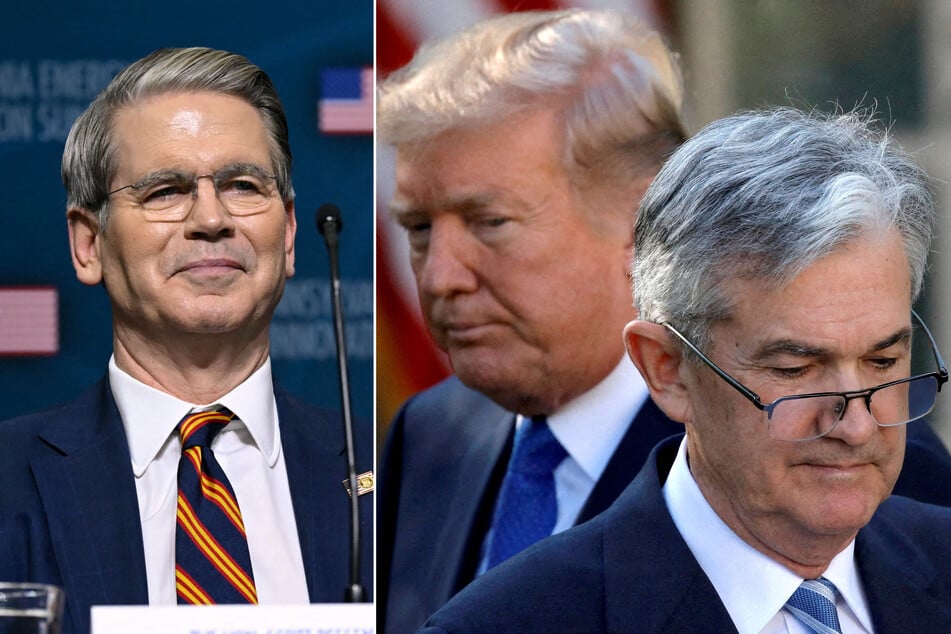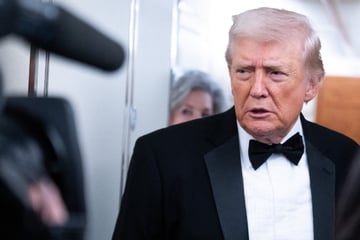Treasury chief to "examine" Fed's performance as Trump puts pressure on Powell
Washington DC - Treasury Secretary Scott Bessent said Monday that the institution of the Federal Reserve – and whether it has been successful – must be examined, as President Donald Trump escalates pressure on the independent central bank.

While Jerome Powell's term as Fed chief ends in May 2026, Trump has recently zoomed in on the Fed's $2.5 billion renovation project as a possible avenue for his ousting.
The fresh attacks came after months of criticism aimed at Powell as the central bank held interest rates steady this year, holding off cuts while policymakers monitored the effects of Trump's tariffs.
This has drawn ire from the president, who repeatedly insisted the Fed was too late in slashing rates.
Asked if he would offer his opinion on firing Powell, Bessent told CNBC on Monday: "I think that what we need to do is examine the entire Federal Reserve institution and whether they have been successful."
He added that he would be speaking late Monday about regulation, which the Fed also has a role in, one day before the official opening of a conference hosted by the Fed.
But Bessent did not comment on a Wall Street Journal report over the weekend that he had privately set out his case to Trump for why the president should not try to fire Powell.
The Journal reported that Bessent's reasons focused on issues including effects on the economy and markets, alongside the likely political and legal obstacles Trump would encounter.
Powell has held interest rates steady in light of Trump's tariffs
Bessent told CNBC there has been "very little, if any, inflation" from Trump's wide-ranging tariffs so far, and suggested that central bankers appear unable "to break out of a certain mindset."
Since returning to the presidency in January, Trump has imposed a 10% levy on goods from nearly all trading partners, with higher rates separately on imports of steel, aluminum, and autos.
While the effects on consumer inflation have been muted so far, given that Trump has backed off or postponed the harshest among his proposed measures, economists expect that data over the summer months will give a better idea of the tariffs' impact.
Cover photo: Collage: ANDREW CABALLERO-REYNOLDS / AFP & REUTERS
